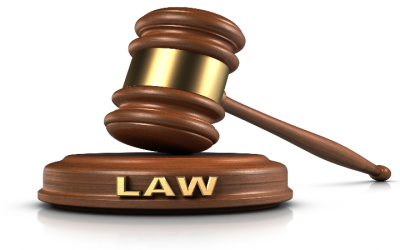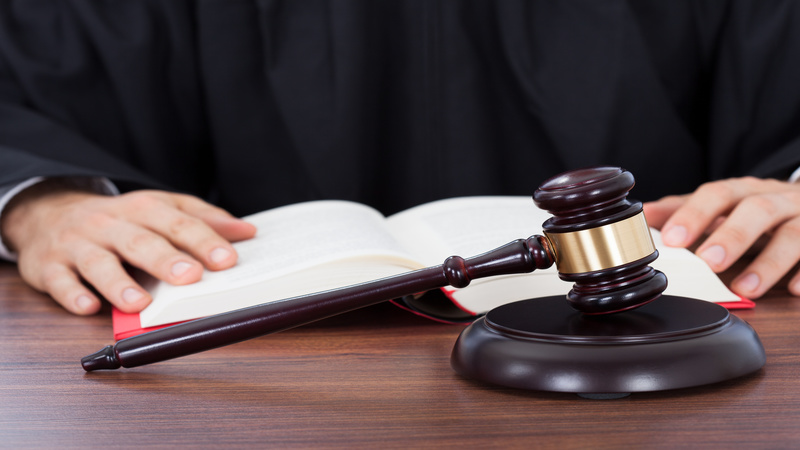If you’re overwhelmed by debt and struggling to make ends meet, Chapter 7 bankruptcy might be the solution you need. However, before you decide, it’s important to understand how Chapter 7 works and whether it’s the right fit for your situation.
Chapter 7 bankruptcy, often referred to as “liquidation bankruptcy,” is designed to provide a fresh financial start by eliminating unsecured debts such as credit card balances, medical bills, and personal loans. It’s a faster process than other types of bankruptcy, typically taking three to six months to complete.
To qualify for Chapter 7, you must pass a means test, which compares your income to Florida’s median income for your household size. If your income is too high, you may not be eligible for Chapter 7 and might need to explore alternatives like Chapter 13 bankruptcy.
One of the key benefits of Chapter 7 is the automatic stay, which halts creditor collection efforts, wage garnishments, and foreclosure proceedings as soon as you file. However, it’s important to note that Chapter 7 doesn’t discharge all debts. Obligations like student loans, child support, and certain tax debts generally cannot be eliminated.
Another factor to consider is the potential impact on your assets. Florida’s bankruptcy exemptions, including the homestead exemption, can protect significant portions of your property. The last thing you need is to lose your home or your vehicle because of financial issues or because you opted to file for bankruptcy. Consulting a Chapter 7 bankruptcy lawyer can help you understand which assets you can retain and how the exemptions apply to your case.
If your debts are unmanageable, and you’re looking for a clean slate, Chapter 7 bankruptcy could be the right choice. Working with an experienced bankruptcy attorney can help you make an informed decision and guide you through the process toward financial freedom.

